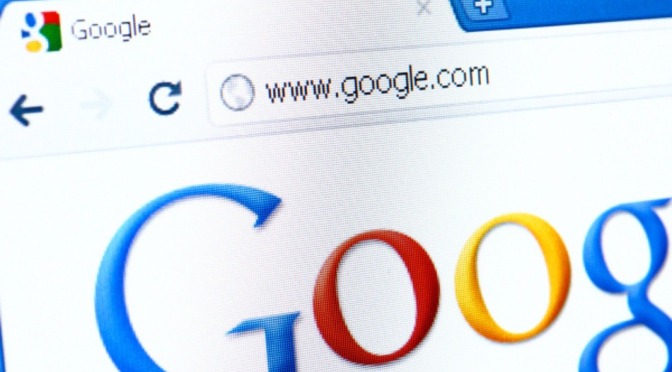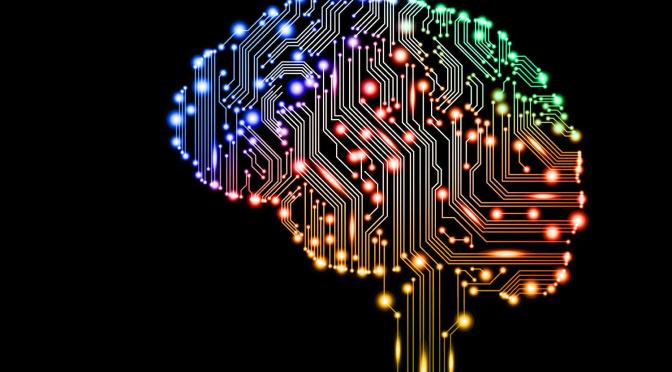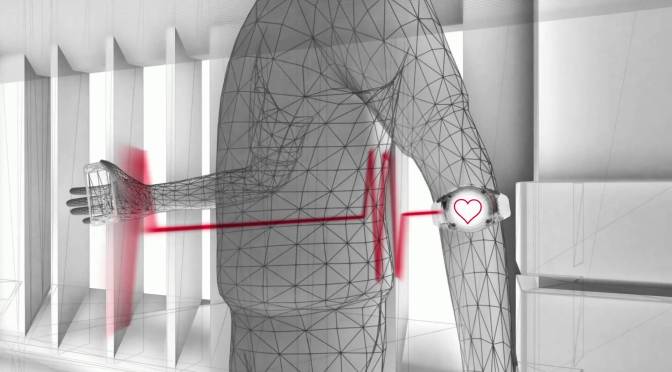This month the European Union Court of Justice ruled that Google has to remove their search results if demanded, and hereby granted the ‘right to be forgotten online.’
Google responded that, “This is a disappointing ruling for search engines and online publishers in general.”
While Google is the nr. 1 resource for major parts of the world, it has had – rightly so – quite some questioning over the past years because of its ‘search personalization.’ Your search results are tailored by previous searches you have performed. Many people, still, don’t know this. While in many cases effective and relevant for both searcher and content out there, this search personalization also resulted in a certain degree of ‘bubbliness’ in searching. People who are, for example, very interested in Christianity will mostly find information from sources related in someway to their earlier (Christian) searches, and thus only get more entangled in related believes, opinions, and information, both restraining them from different perspectives and giving them a crooked world-view — resulting in a degree of isolation.
Yet, if you search through a different google account or from a different computer, you could still easily access the other information out there.
However, with this new development in Google’s rights this selectivity is taken to a whole other level. In a way this would mean the end of the Internet as we know it. Just as news-agencies now a days (greatly) determine how we see the world (e.g. we only know and see the conflicts in the Middle East through the images and texts the media present us with — news agencies are the lenses through which we view the world ‘out there’), this next step will close our access to the ‘real world’ even further down.
Although I strongly believe that the internet and technology are very powerful tools that we should treat and use with care, I am also convinced that transparency to a certain extent, despite the overload of information it’s currently resulting in, is crucial.
Have you ever given your search results a second thought? What do you think about this development?
Continue reading Google: Isolation, Transparency, Overload, or Selective Encyclopedia?


